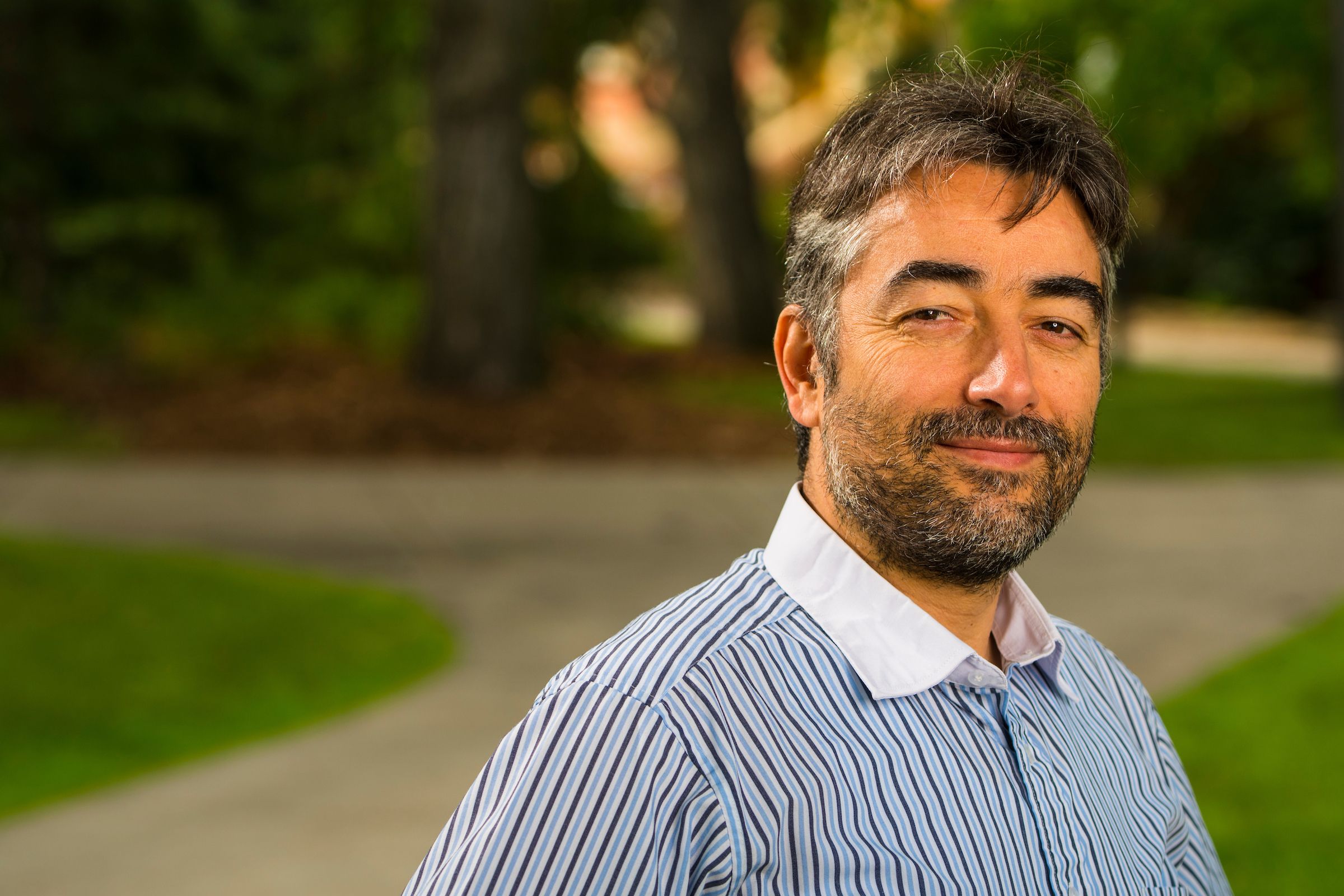
A network of municipalities and universities is expanding to include the City of Edmonton and the University of Alberta, as the two organizations partner to advance several research projects-including an automated chat companion for seniors.
"The world's population is aging-and with rising life expectancy, more seniors are living in their own homes by choice or necessity, and often living alone," said project lead Osmar Zaïane, professor in the Department of Computing Science. "A very real health concern for these people is loneliness, and our project aims to create an AI companion able to hold conversations and fight loneliness."
The project, called the Automated Nursing Agent (ANA), is no small undertaking. Zaïane points out that most chatbots we are familiar with-Siri, Alexa, and similar bots-are task-driven, meant to be used to carry out specific commands. The novelty wears off when you realize you're not able to carry on a conversation with the bot-so the challenge is to understand and respond to human emotion, and ANA builds on past research toward doing just that.
"Studies show that companionship-whether a cat, a dog, other people-helps the elderly tremendously. We are using artificial intelligence to fulfill a vision of a digital companion able to engage in conversation," said Zaïane, who is also director at the Alberta Machine Intelligence Institute (AMII). "We envision a device that's emotionally intelligent. Where an elderly person can say 'I'm tired,' or 'John is coming over to play Bingo tomorrow' or tell a story about their day-and receive a response that carries on the conversation and keeps them engaged."
Emotionally intelligence artificial intelligence
In addition to his role as a professor in the Department of Computing Science, Zaïane is scientific director at the Alberta Machine Intelligence Institute (AMII). Drawing from world-leading academic research at UAlberta and other institutions, AMII helps Alberta workers reskill and upskill for high-demand careers in artificial intelligence, and guides Alberta-based businesses as they implement artificial intelligence across operations and build their in-house capabilities and teams.
ANA is one of three projects by the City of Edmonton and the University of Alberta through the Metrolab Network-which unites more than 40 municipalities and 50 universities for civic innovation throughout North America.
"There are many components to this long-term vision. Our team has made good progress in using AI to identify what emotions someone is expressing, as well as how to express a given emotion in a response," said Zaïane. "Next we're working on how the AI decides what emotion to respond to statements with. Some people don't want to talk when they're sad, others want a morale boost. ANA will learn to adapt to the user and what works for them."
For caregivers, a digital companion like ANA offers other advantages. With consent, it could be used to collect health information on a patient, such as if they are taking their medication, or if they are frequently feeling sad.
The opportunity to connect with real people in real cities is one area where Zaïane sees great opportunities with the City of Edmonton and the MetroLab Network.
"Once we're ready to share our prototype and test with the community, we want to be sure that we're creating a companion that can work for everyone-whether they're from Edmonton, or California, or Texas," said Zaïane. "The international MetroLab Network gives us an opportunity to connect with people in many cities-which will help us in creating a more robust digital companion."
Want to learn more about the Automated Nursing Agent and other artificial intelligence research in the Faculty of Science? Check out our artificial intelligence hub to learn more about initiatives, projects, and news from campus.